 Food Manifest
Food Manifest
The house of resource for food safety.
consumer awareness
- Home
- consumer awareness
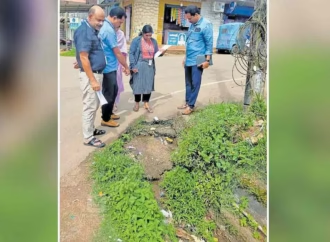
Idukki Shop Busted for Selling Unhygienic Fish and Chicken0
- A to Z, Food Hygiene, Food Safety, Health & Wellness, News
- October 15, 2025
Key Update The Health Department filed a criminal case against the owner of Taufiq Fish Mart & Chicken Centre in Vandanmedu, Idukki, after inspectors found the shop selling fish and chicken without a license and under unhygienic conditions. Following repeated complaints and multiple warnings, authorities discovered that the shop routinely dumped leftover fish and chicken
READ MORE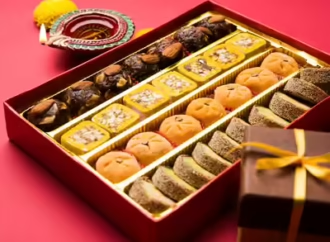
Deepavali Sweets Must Meet Safety Standards in Virudhunagar0
- A to Z, Food Hygiene, Food Safety, Health & Wellness, News
- October 6, 2025
Key Development Tamil Nadu’s Virudhunagar Collector N. O. Sukhaputra directed all permanent and temporary shops, as well as manufacturers and sellers of sweets and savouries during the Deepavali festival, to obtain a Food Safety license and display it prominently at their premises. Traders can apply for the license through FSSAI’s portal. Ensure Hygienic Production and
READ MORE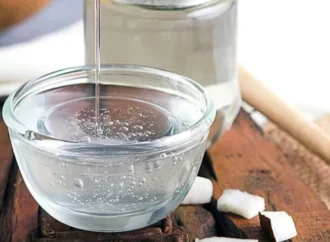
Fake Coconut Oil Sold in Kerala at Half Price Ahead of Onam; Source Unit Sealed0
- Food Hygiene, Food Safety, General, Health & Wellness, News
- August 22, 2025
Key Development Authorities have uncovered large-scale adulteration of coconut oil sold in Kerala at unusually low prices ahead of Onam. Marketed as “pure traditional coconut oil,” some shops offered it for nearly half the usual rate — around ₹270 per litre instead of ₹500. Investigations traced the source to a Kanniyakumari unit, which has since
READ MORE
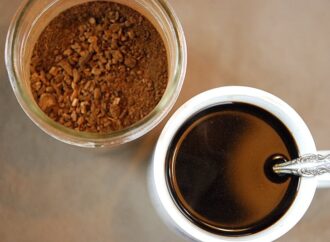
Coffee-Chicory Labels Must Show Exact %: FSSAI0
- A to Z, Food Hygiene, Food Safety, General, Health & Wellness, News
- August 18, 2025
Key Development The Food Safety and Standards Authority of India (FSSAI) has announced changes to the Food Safety and Standards (Labelling and Display) Regulations, 2020. The updated rules, called the Food Safety and Standards (Labelling and Display) First Amendment Regulations, 2025, will come into force on July 1, 2026. The revision aims to make labelling
READ MORE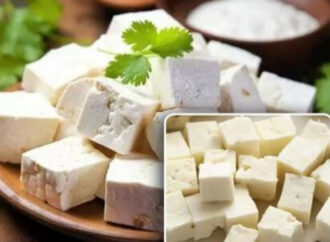
Maharashtra FDA Orders Clear Labels for Analogue Paneer0
- A to Z, Food Hygiene, Food Safety, Health & Wellness, News
- August 18, 2025
Key Update In response to consumer complaints about misleading substitutions, the Food and Drug Administration (FDA) in Maharashtra has made it mandatory for food establishments using analogue paneer to display its composition on menus, premises, or packaging. Although the use of cheese analogues in the food service sector has been legally permitted since 2021, FDA
READ MORE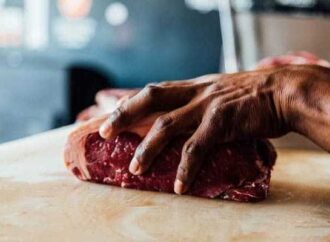
India’s Largest Recent Meat Seizure: J&K Confiscates 11,600+ kg Rotten Meat0
- A to Z, Event, Food Hygiene, Food Safety, General, Health & Wellness, News
- August 12, 2025
Key Update Food safety officials in Jammu & Kashmir seized over 11,600 kg of “imported rotten meat” from warehouses, eateries, and shops across the Kashmir Valley last week. The Food Wing of the Drug and Food Control Organisation (DFCO) carried out surprise inspections that uncovered illegal storage, expired stock, and clear safety violations. Images of
READ MORE
Latest Posts
-
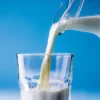
-
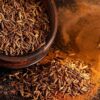
Fake Cumin Racket Exposed in Gwalior
- A to Z, Food Hygiene, Food Safety, Health & Wellness, News
- February 4, 2026
-

-
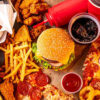
-

New FSSAI Draft Pushes for Compulsory Standard Drink Labelling
- A to Z
- November 15, 2025









